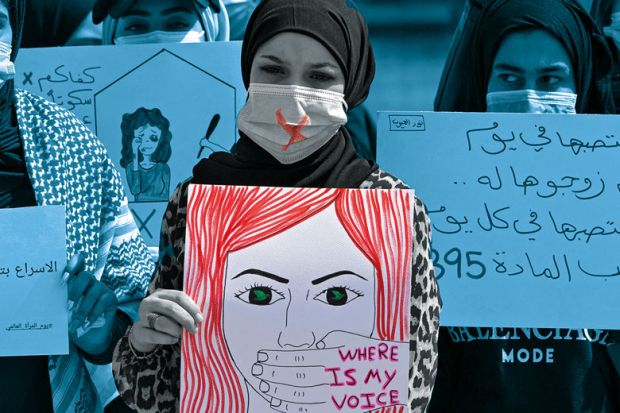While Saudi Arabia polishes its image as a global sports and tourism hub, a dark and brutal system of repression persists behind closed doors. Known officially as “care homes,” these facilities are state-run detention centers for women—places where disobedience to male guardians can result in imprisonment, abuse, and flogging.

Activists and survivors are now speaking out. And their stories are shocking the world.
From Guardianship to Imprisonment
Despite pledges of reform under Crown Prince Mohammed bin Salman, Saudi women remain under the rigid male guardianship system. Fathers, brothers, and husbands wield enormous power over women’s lives.
Refuse an order, run from abuse, or post something “offensive” online—and the punishment can be swift: confinement in a so-called care home.
“It’s not a care home. It’s a prison,” says Sarah Al-Yahia, a campaigner in exile who has spoken to numerous survivors. “They don’t even use names—just numbers. ‘Number 35, come here.’”
Lashes for Speaking Your Name
Al-Yahia, who was threatened with detention at Dar al-Reaya as a teenager, describes the centers as tools of gender control and silencing.
Strip searches, virginity tests, forced sedation, and public lashings are part of the standard intake, according to her sources. Girls can be flogged for anything—from not praying, to talking to another woman alone, or even for revealing their family name.
“They lash them while the guards watch,” she said. “And if they’re suspected of being lesbians, the punishment is even harsher.”
Victim Blaming and State-Controlled Shame
Amina, 25, is one such survivor. Fleeing violence from her father, she sought help at a care home in Buraydah, only to be retraumatized.
“They told me I was lucky. That others were chained at home. They minimized what I went through,” she recalls.
The next day, the staff summoned her father. Instead of protection, she was forced into negotiations with her abuser. Amina asked for the right to work, avoid marriage, and live without violence. Her father demanded absolute obedience and male supervision.
“I signed out of fear,” she says. “And the abuse continued when I got back.”
Eventually, Amina fled the country.
Punishing the Helpers
Saudi law criminalizes even offering shelter to runaway women. One woman, Yahia notes, was jailed for six months simply for trying to help a victim of domestic abuse.
“If you’re raped or get pregnant by your own father, it’s you who is locked away,” Yahia says. “Because they need to protect the family’s honor—not you.”
Saudi Arabia’s Rebranding vs. Reality
These revelations come as Saudi Arabia basks in global acclaim for securing the FIFA Men’s World Cup and investing billions into international events. The regime promotes itself as modern and progressive, but critics say the truth is being buried beneath stadium lights and PR campaigns.
While influencers and investors are drawn to Riyadh, young Saudi women remain vulnerable to state-sponsored abuse, sanctioned by outdated laws and an impenetrable guardianship system.
Calls for Abolition Grow Louder
Sarah Al-Yahia and others are calling for international pressure to abolish care homes like Dar al-Reaya. For too long, they say, these facilities have operated in secrecy—punishing women for daring to dream of freedom.
“The world needs to stop applauding Saudi Arabia’s reforms,” Yahia warns, “until they stop punishing women for simply wanting to live.”













Comments are closed.